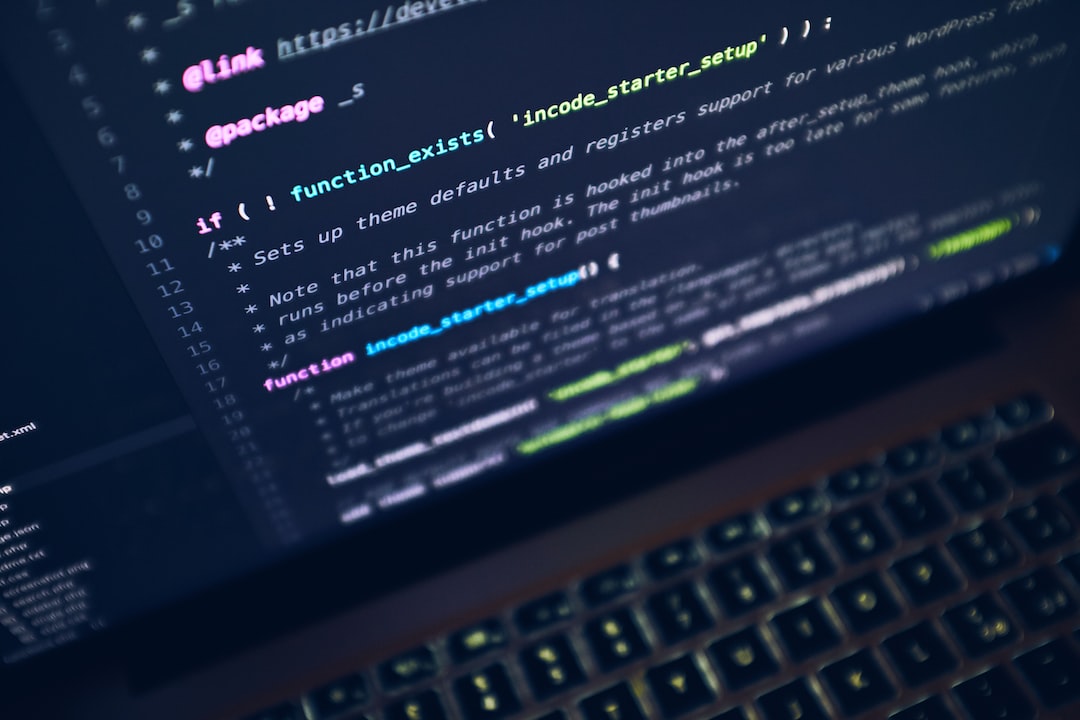Demystifying Cryptocurrency: A Beginner’s Guide
In recent years, cryptocurrency has taken the financial world by storm. Everyone seems to be talking about it, but what exactly is it? How does it work? And more importantly, is it a safe investment? In this beginner’s guide, we will demystify cryptocurrency and provide you with the basic knowledge you need to navigate this exciting new world.
Cryptocurrency is a digital or virtual form of currency that uses cryptography for secure financial transactions, control the creation of additional units, and verify the transfer of assets. Unlike traditional currencies issued by central banks, cryptocurrencies are decentralized and operate on a technology called blockchain. This blockchain technology provides security and transparency, making it difficult for any single entity to manipulate or control the system.
Bitcoin, the first and most well-known cryptocurrency, was created in 2009 by an anonymous person or group of people using the pseudonym Satoshi Nakamoto. Since then, thousands of different cryptocurrencies have emerged, each with its own unique features and purposes. Some of the popular ones include Ethereum, Ripple, and Litecoin.
So, how do you acquire cryptocurrency? There are various ways, but the most common method is through cryptocurrency exchanges. These platforms allow you to buy, sell, and trade cryptocurrencies using traditional fiat currencies such as the US dollar or Euro. To get started, you will need to create an account and go through a verification process. Once verified, you can deposit funds into your account and start trading. It’s important to note that cryptocurrency exchanges can be prone to security risks, so it’s crucial to choose a reputable and reliable platform.
Another way to acquire cryptocurrency is through a process called mining. Mining involves using powerful computers to solve complex mathematical problems to validate and record transactions on the blockchain. Miners are rewarded with newly created cryptocurrency as an incentive for their computational work. However, mining can be energy-intensive and requires sophisticated hardware, making it less accessible for the average person.
Now, let’s address the elephant in the room: Is cryptocurrency a safe investment? Like any investment, there are risks involved. The cryptocurrency market is highly volatile, meaning prices can fluctuate dramatically within a short period. Just look at the infamous Bitcoin price surge and subsequent crash in 2017. However, some investors have made significant profits by getting in early and riding the wave of certain cryptocurrencies. It’s essential to do your research, understand the risks, and only invest what you can afford to lose.
Furthermore, the decentralized nature of cryptocurrencies means they are not regulated by any government or financial institution. While this can provide a sense of freedom and privacy, it also means there is no safety net if something goes wrong. Cryptocurrency theft, fraud, and hacking incidents have occurred in the past, resulting in the loss of millions of dollars. Therefore, it’s crucial to secure your digital assets by using secure wallets and practicing good cybersecurity habits.
As the popularity of cryptocurrency continues to grow, governments and regulatory bodies are starting to take notice. Some countries have embraced cryptocurrencies and recognize them as legal tender, while others have placed restrictions or outright banned them. It’s important to stay informed about the legal status of cryptocurrencies in your country and comply with relevant regulations.
In conclusion, cryptocurrency may seem complex and intimidating at first, but with the right knowledge and precautions, it can be a fascinating and potentially lucrative investment opportunity. Remember to educate yourself, use trusted platforms, secure your digital assets, and never invest more than you can afford to lose. Cryptocurrency is still in its early stages, and as technology evolves, so does the world of digital currencies. Stay curious, stay informed, and who knows where this decentralized revolution will take us.

